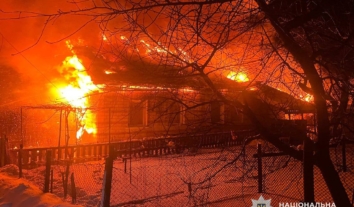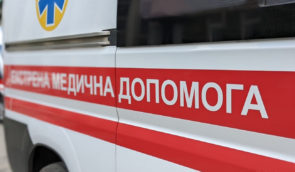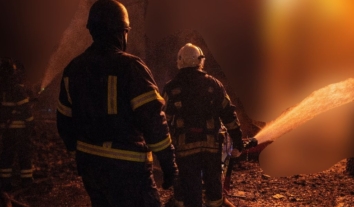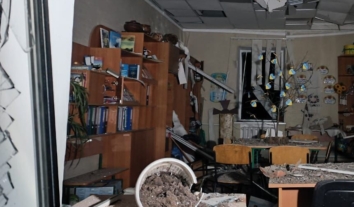India’s Trapped Sons: Duped by Russia, Indian citizens forced to fight on the front in Ukraine
Russian Federation dupes Indian citizens and forces them to fight against the Ukrainian people. BBC News told the stories of affected persons, including David Moothappan, 23, from the Indian village of Pozhiyoor in Kerala.
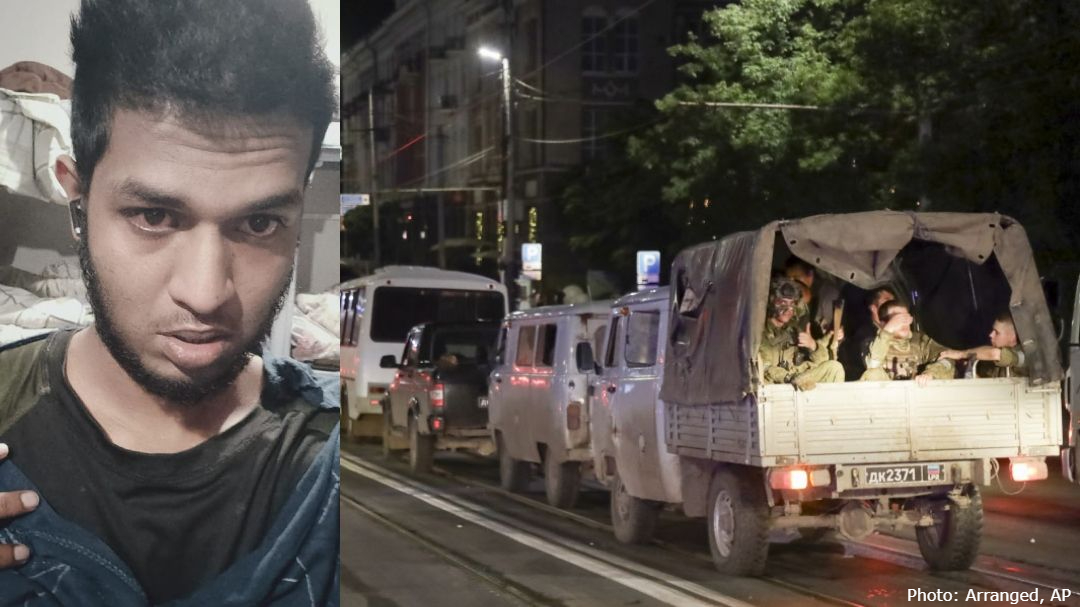 David Moothappan
David MoothappanIn October 2023, David Moothappan saw a Facebook advertisement offering jobs as security guards with a promised monthly salary – RUR 204,000 (USD 2,201; GBP 1,739) – in Russia. The fisherman and school dropout from the southern Indian state of Kerala found this salary to be huge.
Weeks later, Mr. Moothappan, 23, found himself on the war front in the Russian-held city of Donetsk in eastern Ukraine.
“It’s death and destruction everywhere,” he said, when the BBC asked him about his time there.
He and another man from Kerala have managed to return home recently. They are among several Indians who were duped by agents into fighting for the Russian forces in their war against Ukraine over the past few months.
The BBC reported a few have managed to make their way back home, but others are still stuck in Russia. Most of them are from poor families and were lured with the promise of jobs, sometimes as “helpers” in the Russian Armed Forces. At least two Indians have died so far in the war.
India’s foreign ministry has said it is “pressing very hard with the Russian authorities” to bring back its citizens who have been tricked into fighting in the war. Last week, foreign minister S Jaishankar called this “a matter of very, very deep concern” for India.
Moothappan was relieved to be back home in the fishing village of Pozhiyoor in Kerala, but said he can’t forget what he saw in the war.
“There were body parts strewn all over the ground,” he said. Distraught, he started vomiting and almost fainted.
“Soon, the Russian officer commanding us told me to return to the camp. It took hours for me to recover,” he said.
He said he broke his leg around Christmas while fighting in a “remote place” – his family, he said, didn’t know about his situation at that time.
Moothappan spent two and a half months in different hospitals in Luhansk, Volgograd, and Rostov before recovering partially.
In March, a group of Indians helped him reach their country’s embassy in Moscow, which then arranged for him to travel back home.
Some 61 km away in Anchuthengu, another fishing hamlet in Kerala, Prince Sebastian had a similar story of escape – and trauma – to tell.
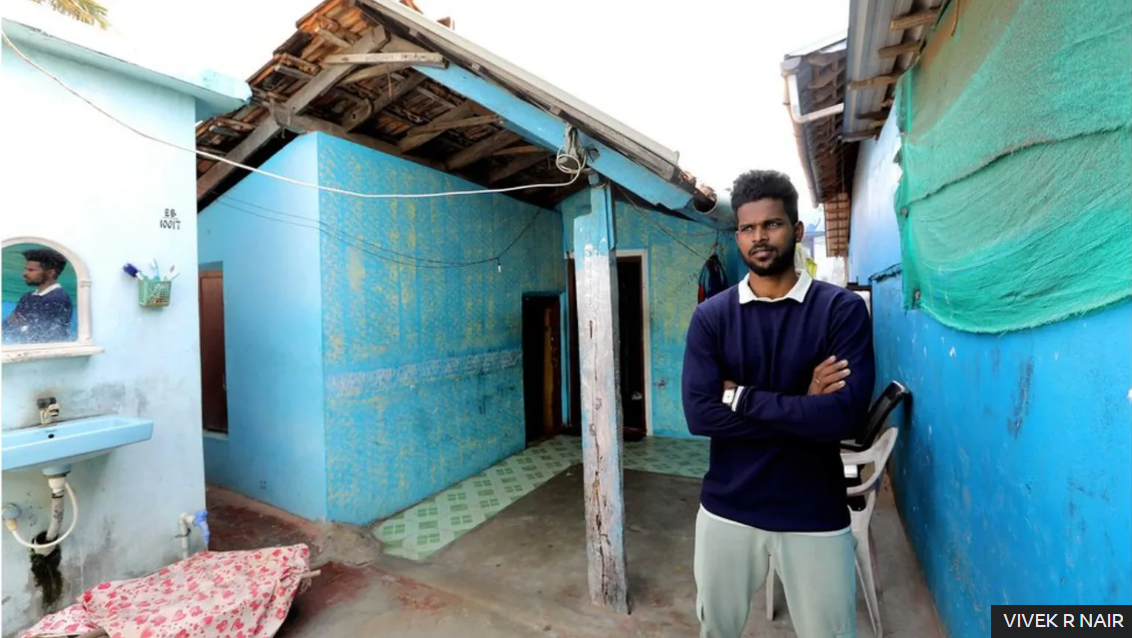 Prince Sebastian came back to India after he was injured in the war
Prince Sebastian came back to India after he was injured in the warDuped by a local agent, he was deployed in a group of 30 fighters in the Russian-occupied eastern Ukrainian town of Lysychansk. After just three weeks of training, he said, he was sent to the frontline with several weapons, including an RPG-30 (a handheld, disposable rocket-propelled grenade launcher) and bombs, which prevented him from moving quickly.
Fifteen minutes after he reached the front, he said, a bullet fired from close range deflected off the tank he was in and pierced below his left ear. He fell – on to what he realised was a dead Russian soldier.
“I was shocked, and I couldn’t move. After an hour, as the night fell, another bomb exploded. It badly injured my left leg,” he said.
He spent the night in a trench, bleeding. He escaped the next morning and subsequently spent weeks in different hospitals.
Not only that, but he then got a month’s leave to rest. During this time, a priest helped him contact the Indian embassy, which then issued him a temporary passport and arranged for his return home.
He said two of his friends, fishermen, who went with him, were still missing. Neither he nor their families have heard from them in weeks.
Officials in Kerala said they have so far received complaints from the families of four men – Mr. Moothappan, Mr. Sebastian and his two friends – about being duped by agents.
Mr. Sebastian said he and his friends visited a local agent in their village to check if they could find jobs somewhere in Europe.
The agent suggested Russia, speaking of a “golden opportunity” to work as a security guard for a monthly salary of INR 200,000 (USD 2,402; GBP 1,898). They agreed instantly.
The friends paid INR 700,000 each to him for a Russian visa. On January 4, 2024, they reached Moscow, where an Indian agent identified as Alex, who spoke their language, Malayalam, welcomed them.
They spent the night in a flat, following which a man took them to a military officer in the city of Kostroma, 336 km away, where they were made to sign a contract in Russian, a language they couldn’t read, Mr. Sebastian said.
Three Sri Lankan recruits also joined them there. Then the six men were taken to a military camp in the Rostov region, which borders Ukraine. The officers took their passports and mobile phones.
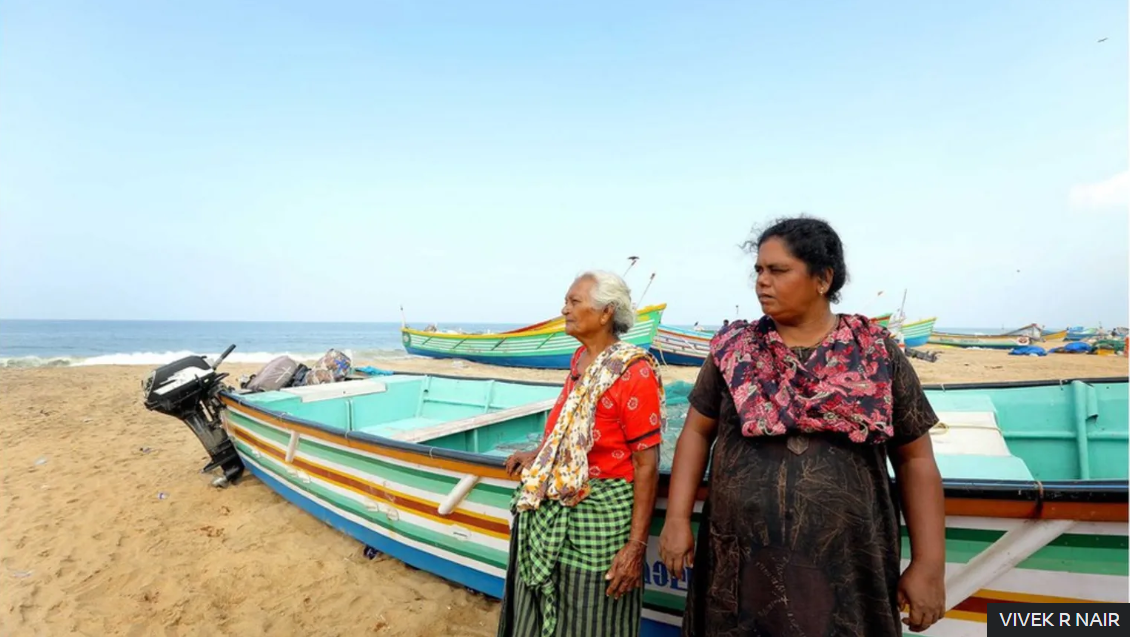 Prince Sebastian says two of his friends are missing – their families are waiting anxiously for news
Prince Sebastian says two of his friends are missing – their families are waiting anxiously for newsAccording to them, training started on 10 January. In the following days, they learnt how to use handheld anti-tank grenades and what to do if they were injured.
After this, they were taken to a secondary base known as the Alabino Polygon. There, the training continued for ten days, “day and night.”
“All kinds of armaments were waiting for us there,” Mr Sebastian said. “I started enjoying the weapons like toys.”
But the brutal reality of the war hit him on the battlefield.
Now, he is hoping to resume fishing. “I have to repay the money I borrowed from lenders and restart my life,” he said.
In Pozhiyoor, Moothappan hopes to do the same.
“I was engaged to a girl in my village when I left. I told her I’ll return with money and build a house before our marriage,” he said.
Now the couple have decided to wait for two more years as Moothappan tries to rebuild his life.
“One time, the Ukrainians were some 200 m away. We were asked to go on the offensive, but I didn’t fire a single shot at them,” he asserts. “I can’t kill anybody.”
Mridula Ghosh, a researcher and lecturer at the Kyiv Mohyla Academy, a native of India, noted that since the collapse of the USSR the route of human trafficking from Asia via Moscow to Europe was used actively. According to her, in each country, local criminal groups collaborated with the administration, customs etc.
“I know this since my days at the UN. Later, I had concrete cases and did more research on this phenomenon. Sadly, now this route is used by Russia for cannon fodder and ‘internationalising’ the war. This exposes how human beings from poorer classes from the Global South countries are treated by neo-imperialist and neo-colonial Russia. This should be stopped. Ukraine’s policies are different. It does not woo people into death traps,” Mridula Ghosh wrote on her Facebook page.
Earlier, during the international conference “Crimea Global”, Dr. Dino Patti Djalal, founder and chairman of the Foreign Policy Community of Indonesia, former Vice Minister of Foreign Affairs of Indonesia and Ambassador to the United States, said that Ukraine is only defending itself, not seeking to conquer other people’s territories. Dr. Djalal also emphasised that Ukraine is a friend of countries in Africa, Asia and Latin America, as it supplies both grain and fertilisers, which are vital for countries that are sensitive to changes in the global economy.
Experts at the international conference Crimea Global called for a new global security paradigm against the Russian threat.

